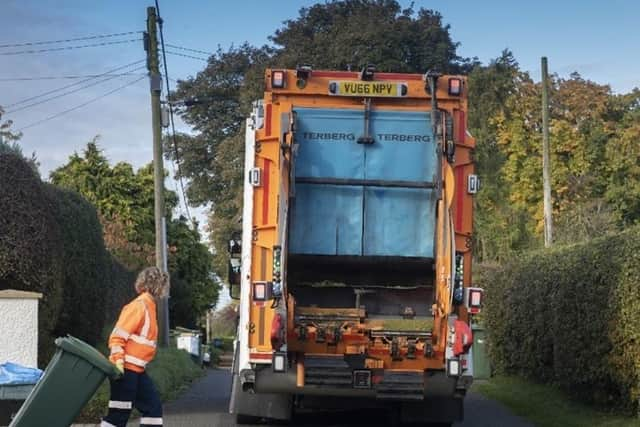North Yorkshire Council garden waste fees set to rise despite extra income
and live on Freeview channel 276
A report to a meeting of the council’s environment executive members meeting on Monday October 30 states the proposed garden waste subscription charge for 2024/25 would be £46.50 – a 6.9 per cent rise for most areas.
Charges for the often fortnightly roadside collections had been frozen for several years for most district and borough authorities and earlier this year council officers said the average cost in Yorkshire and Humber region for garden waste was around £44.
Advertisement
Hide AdAdvertisement
Hide AdWhen challenged over the charges, the authority has emphasised the collections are a non-statutory service, and that it is not considered fair “for people who do not use the service to have to subsidise it”.


The officers’ report states it is expected that full harmonisation of subscribing to the garden waste service across the county will take place from 2025.
It adds the total number of garden waste licences bought in 2023/24 is forecast to be 126,750, generating an annual income of £4.996m, which is £302,000 above the income forecast for the year.
The report states the extra income is due to Selby district area achieving “an impressive participation rate” of 43 per cent since introducing charges in July with total subscriptions at 18,500, compared to the target of 6,900.
Advertisement
Hide AdAdvertisement
Hide AdThe council has previously warned of potential to lose some subscribers as a result of its increase in charges.
Nevertheless, the report to the meeting states there has been no impact on the level of subscriptions as a result of harmonising the garden waste subscription charge in any of the former district and boroughs which already charged for the service.
The report states: “If people choose not to subscribe to the garden waste collection service, experience from other authorities shows that residents tend to compost at home instead as there is no corresponding rise in residual waste tonnages to match the reduction in garden waste tonnages, therefore there is little impact on the environment.”